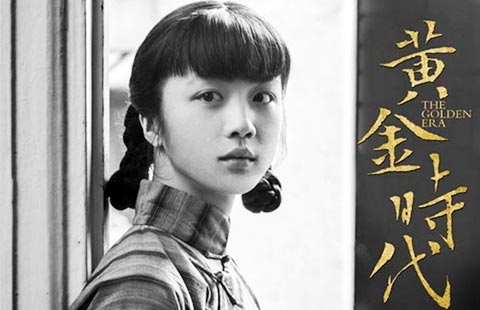The language instinct
By Raymond Zhou ( China Daily ) Updated: 2014-04-18 07:12:54
 |
| All the world's a stage |
 |
| How I discovered the lure of Will power |
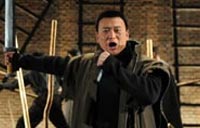 |
| The Bard in Beijing and beyond |
The translator of that pun was Zhu Shenghao (1911-44). He was a titan among those who made Shakespeare accessible to a quarter of the world's population. Zhu's life story is worthy of a Hollywood biopic. In 1935, he launched a personal undertaking to translate all of Shakespeare's plays in two years - a plan derailed by poverty, illness and the Japanese invasion of China.
In 1936, Japanese planes bombed Shanghai, destroying many copies of the comedies Zhu had already translated. In 1941, when Japanese soldiers marched into the newsroom where Zhu worked, he again lost many of the manuscripts he had been working on.
By the time he died of tuberculosis at the tender age of 32, Zhu had translated 31 (and a half!) of the plays. Of those, 27 were published posthumously in 1947 in three volumes that form the backbone of later complete editions. Taiwan's World Publishing House came out with The Complete Plays of Shakespeare in 1957. Zhu's 27 posthumously published translations were supplemented by Yu Erchang's 10 history plays. In 1978, the Beijing-based People's Literature Press published The Complete Works of Shakespeare, using Zhu's 31 plays as the foundation, meticulously edited. The other works, including all of the poems, were translated by a number of distinguished scholars.
Despite being in prose, Zhu's translations stand out for their exceedingly high quality. Considering his age, his mastery of both English and Chinese can only be described as genius. His version of the Bard's works is widely acclaimed as the one that best preserves the essence of Shakespeare.
Compared with Zhu, Liang Shiqiu (1902-87) had the advantages of longevity and name recognition. Liang is the only Chinese so far who has single-handedly translated every piece Shakespeare is known to have written. He started in 1931 at the urging of Hu Shi, a leader of the "New Literature" movement. By the time he completed this mammoth project, in 1967, Liang had long established himself as a prominent essayist in his own right.
Because Liang moved to Taiwan with the Kuomintang, his versions were not published in the mainland until 1996. He used an approach similar to Zhu's; namely, prose for blank verse in the original and verse for rhyming couplets. Overall, his style is less literary than Zhu's, and more verbatim.
In addition to the above twin titans, Chinese translators of Shakespeare include Cao Weifeng (1911-63), who made the first attempt to reproduce the poetic form. He only did a dozen plays, and reworked them from time to time. Bian Zhilin (1910-2000) was a Shakespearean scholar who advocated extreme loyalty to the original form. He not only maintained the original verse form, but also attempted to reproduce the rhythm of iambic pentameter. That made his version of Hamlet, published in 1956, an ideal script for dubbing the Laurence Olivier film, which cemented Bian's reputation because the movie reached an audience that simply couldn't be matched by any printed or stage presentation.
Fang Ping (1921-2008) followed Bian's advice and translated 24 plays in verse form. Apart from filling the void left by Zhu in the complete edition, he also edited his own all-verse collection. Fang was the first Chinese to be appointed to the executive committee of the International Shakespeare Association, at its Sixth Congress in 1996.
|
|
|
|
|
|
|
|
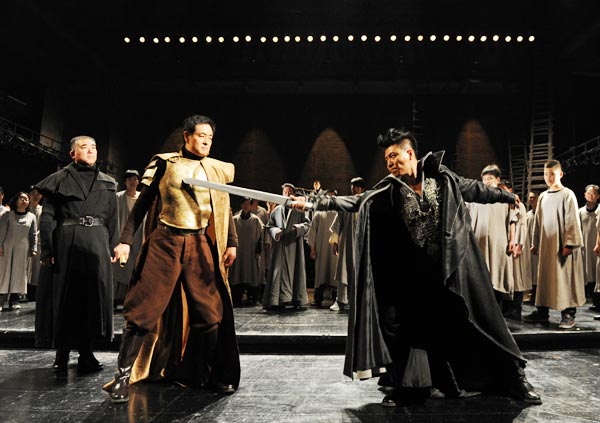



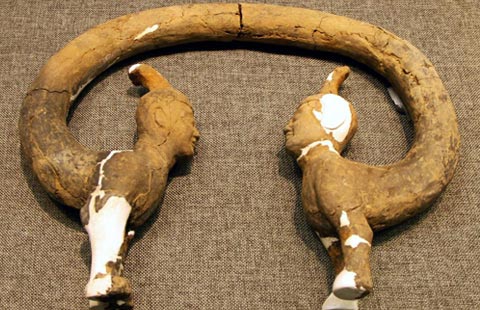
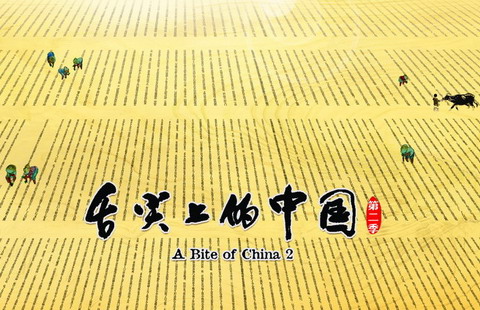


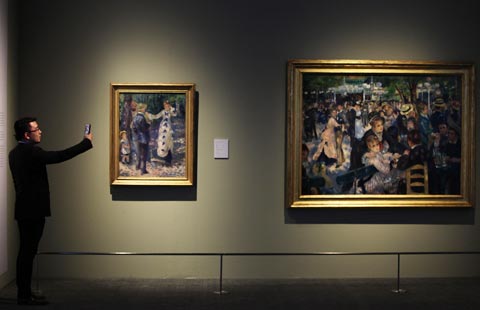




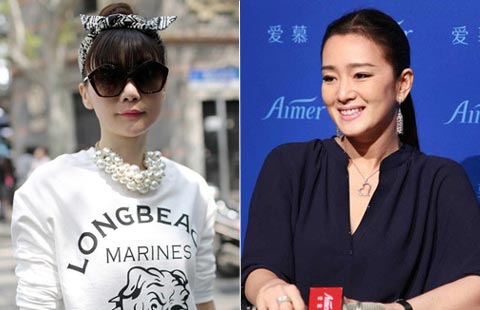









 Raymond Zhou:
Raymond Zhou: Pauline D Loh:
Pauline D Loh: Hot Pot
Hot Pot Eco China
Eco China China Dream
China Dream China Face
China Face

